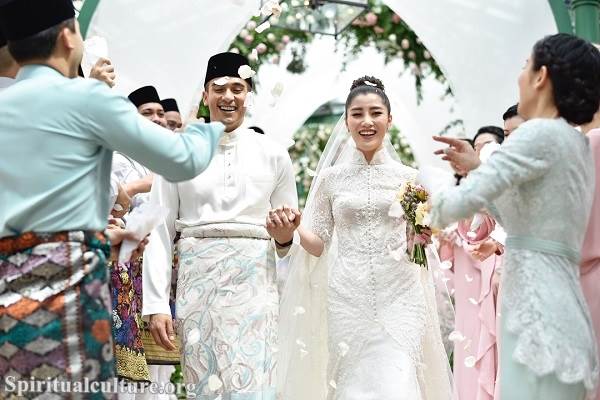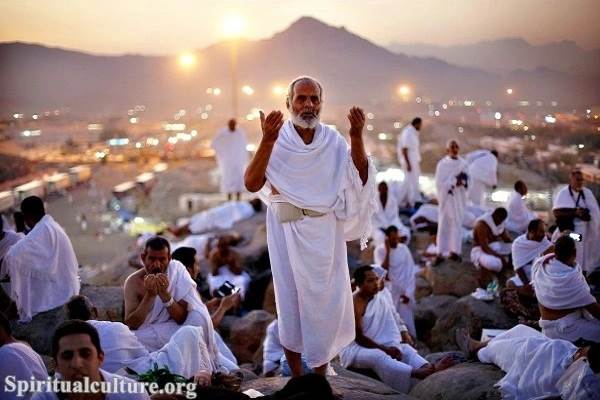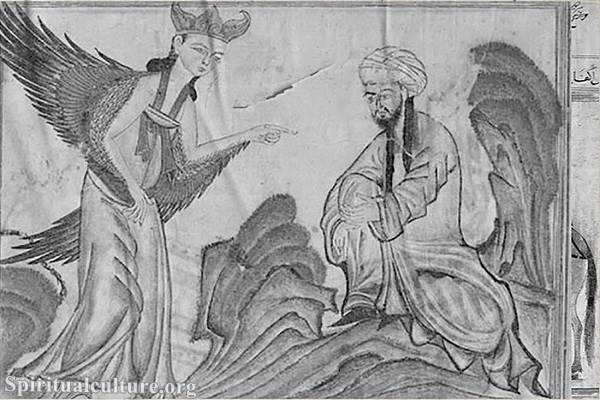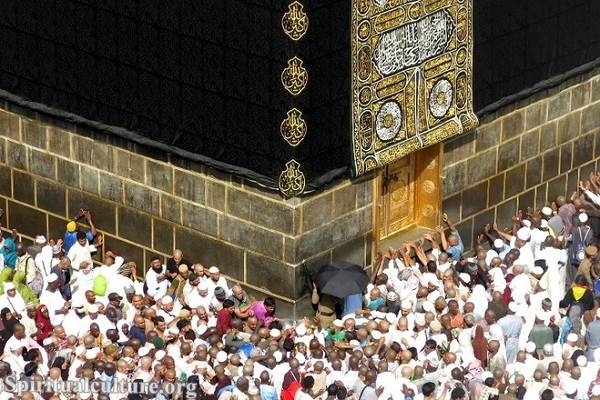The Muslim marriage rules include the following:
- Both parties must be Muslim (or from a religion recognized by Islam): Muslim men are allowed to marry women from the People of the Book (Jewish and Christian women). However, Muslim women are generally only allowed to marry Muslim men.
- Both parties must consent to the marriage: The bride and groom must freely and willingly agree to the marriage. Forced marriages are not allowed in Islam.
- The bride’s father or guardian must give his consent: The bride’s father or guardian (such as a brother or uncle) must give consent to the marriage. This is known as the “wali” in Islamic law.
- The groom must provide a dowry to the bride: The groom is required to provide a dowry (mahr) to the bride, which is a gift or payment made to the bride by the groom or his family. The amount of the dowry can vary and is typically agreed upon by both parties before the marriage.
- The marriage must be announced publicly: The marriage must be announced publicly, typically through an announcement in the mosque or through an advertisement in the local community. This is known as the “nikah” in Islamic law.
- The marriage must be performed by a Muslim cleric or imam: The marriage ceremony must be performed by a Muslim cleric or imam, who will lead the couple through the marriage contract and the exchange of vows.
- The marriage must be witnessed by at least two adult Muslim males: The marriage ceremony must be witnessed by at least two adult Muslim males, who will act as witnesses to the marriage contract.

It is also important to note that Islamic laws may differ based on the country or school of jurisprudence; also, some of the above-mentioned rules may be different in practice, and some cultures may have their own additional customs.




